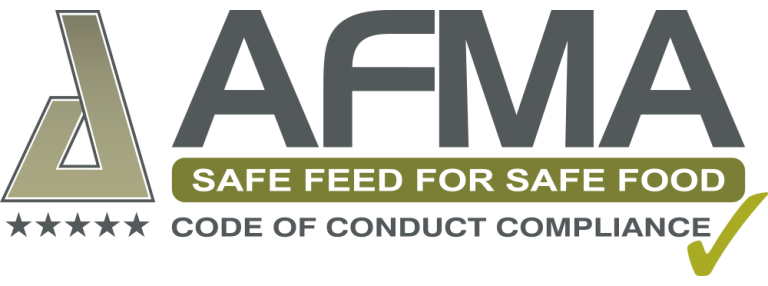End of Content.
End of Content.
Complementing AFMA’s flagship Code of Conduct, the Transport Protocol was developed by AFMA’s Trade and Technical Committees to further support self-regulation in the feed industry. It outlines how raw materials and ingredients should be transported safely and responsibly to feed-manufacturing plants.
As a proactive industry risk-management tool, the Protocol provides clear, practical guidelines and cleaning regimes for different transport scenarios, helping to protect the quality and safety of raw materials throughout the supply chain.
AFMA members began introducing the Transport Protocol to their transport service providers between 2011 and 2016, with full roll-out completed in 2016. Since 2017, the Protocol has been voluntarily adopted by members alongside the Code of Conduct, reinforcing the industry’s commitment to feed safety as a foundation of responsible feed manufacturing in South Africa.

• Vehicles must be clean, dry, free of residues and odours before each load.
• Visual inspections and proper records must be kept.
• Cleaning protocols and regimes are strictly defined (e.g., dry cleaning, water cleaning, cleaning agents, and disinfection).
• Loads must be protected from weather, water, and bird droppings (tarpaulins, sealed covers).
• Segregation of products to prevent cross-contamination.
• Pre-loading inspections required after each cleaning.
• Loads must be sealed and recorded (seal numbers in consignment notes).
• Proper logbooks and transport documents must be maintained.
• Complete consignment notes including previous loads, cleaning records, disinfection records.
• Logbooks for each vehicle, triplicate documents for cleaning validations, and batch traceability.
• Drivers and loaders must be trained in feed safety, hygiene, and biosecurity.
• Regular audits and checks on driver compliance.
• Responsibility for inspections and reporting deviations.
If you are registered on our database to submit your feed, salmonella and mycotoxin statistical information, you can login here.
If you are not able to access the Statistics System dashboard, please make contact with our admin team to verify your membership and access credentials.